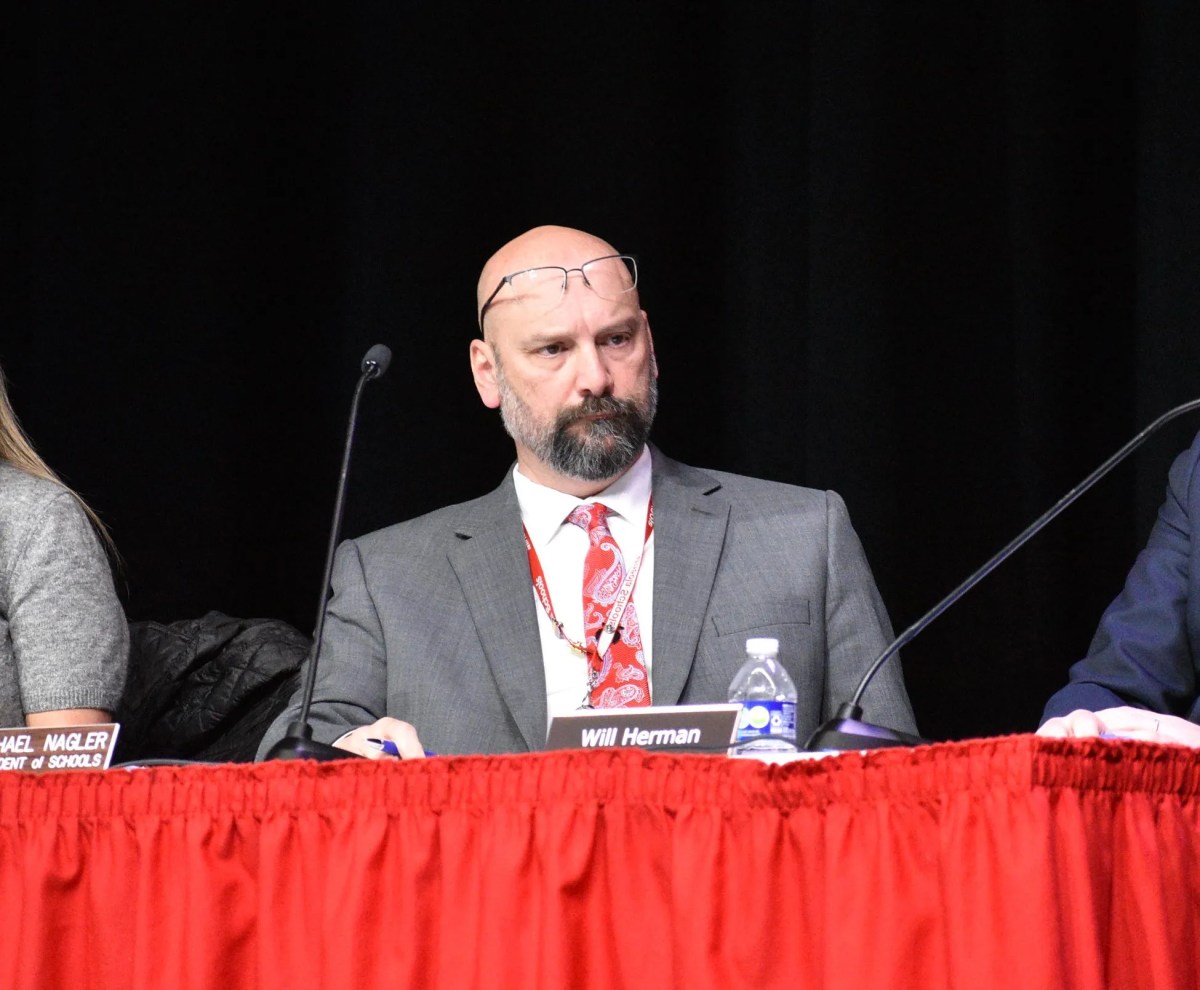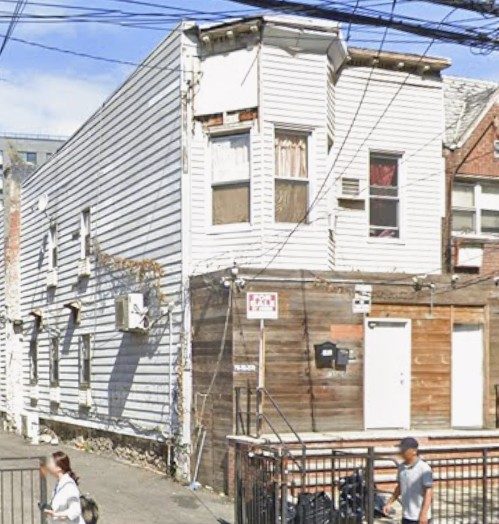 Is imitation the highest form of flattery or, in the case of Mayor de Blasio’s recent expansion of the PROSE program, is it a calculated move to undermine the sustainability and growth of Community Charter Schools?
Is imitation the highest form of flattery or, in the case of Mayor de Blasio’s recent expansion of the PROSE program, is it a calculated move to undermine the sustainability and growth of Community Charter Schools?
In 2016, the Department of Education will expand waivers to 126 schools to become eligible for the Progressive Redesign Opportunity Schools for Excellence (PROSE) program. This program allows for public schools to develop innovative plans allowing them to suspend DOE and union rules to make changes within three categories: teacher evaluation rubrics, school day schedules (lengthen school days) , and class size (smaller class sizes). These practices are commonly utilized by Charter Schools.
In his announcement of the expansion of the PROSE program, the mayor used the opportunity to suggest that many charter schools have failed to innovate and collaborate with district schools. As he stated, “If you say, okay some charters are doing a great job innovating, some less so, some are sharing best practices and others less so, of course we [traditional public schools] should do more of it ourselves.”
Once again, this rhetoric perpetuates the persistent myths (charters are taking resources away from district schools; fail to collaborate with district schools; and, “cream” enrollment) about many charter schools and fails to acknowledge, that many charter school “best practices” are now being adopted through the PROSE program.
For our community charter schools, it is the norm to have small class sizes, longer school days, higher teacher to student ratios, innovative instruction, and vary on the teacher evaluation rubrics. Ironically, the DOE and Charter School authorizers are increasingly forcing community charter schools to adapt to the traditional testing model that evaluates the overall performance of the school heavily on the test scores.
In addition, the Mayor continues to oppose lifting the cap for charter schools, while he promotes the expansion of the PROSE program. It appears the Mayor is blatantly attempting to usurp the charter school movement in this initiative by providing an alternative “charter-like” initiative within traditional charter schools.
What is disturbing about the PROSE expansion is that the schools selected are mostly high performing public schools. Why has this program not implemented in more low performing schools? Is this the same “creaming” that charter schools are commonly accused of?
Many community charter schools have innovative program models similar to the Mayor’s PROSE with student populations that may be more challenging. For the parents of the over 50,000 students currently on the waiting lists for Charter schools, the PROSE program does not adequately address the issue that parents want viable and accessible school options.
Once again, Mayor de Blasio needs to acknowledge that charter schools are public schools and support lifting the cap for charter schools as well as continued expansion of progressive models such as the PROSE program for traditional public schools that are both high and low performing.
Oma Holloway is the family and community coordinator for the NYC Coalition of Community Charter Schools. She is a resident of Bedford-Stuyvesant and a Community Board 3 member.










